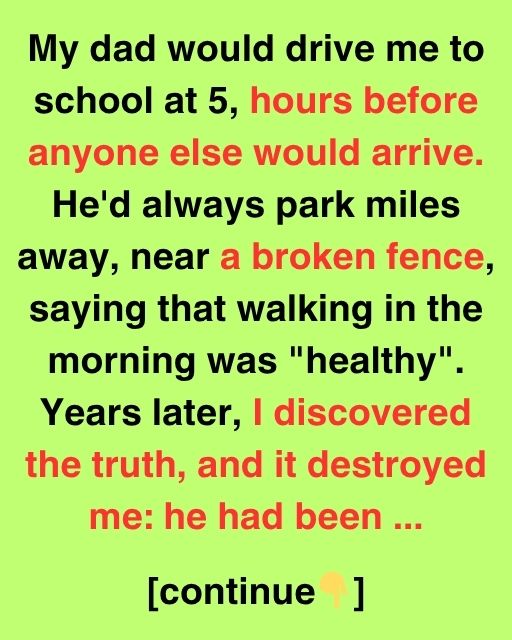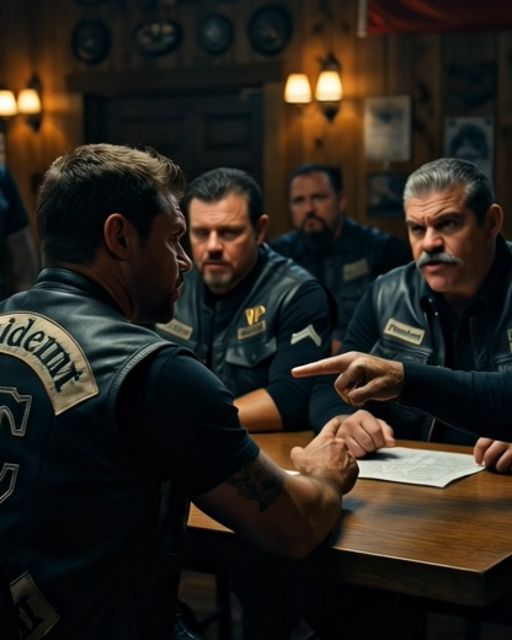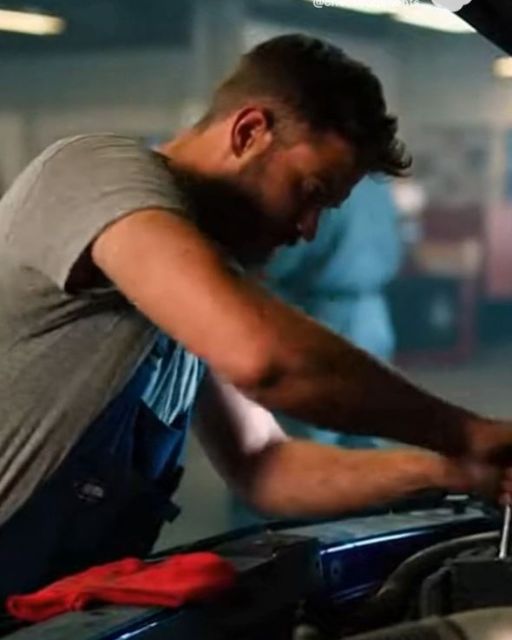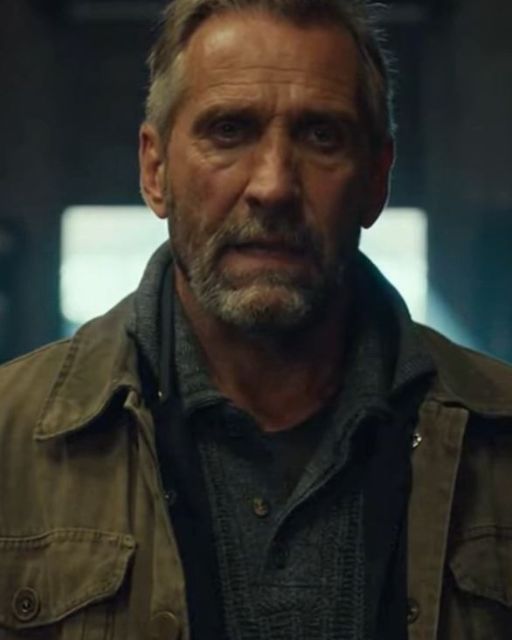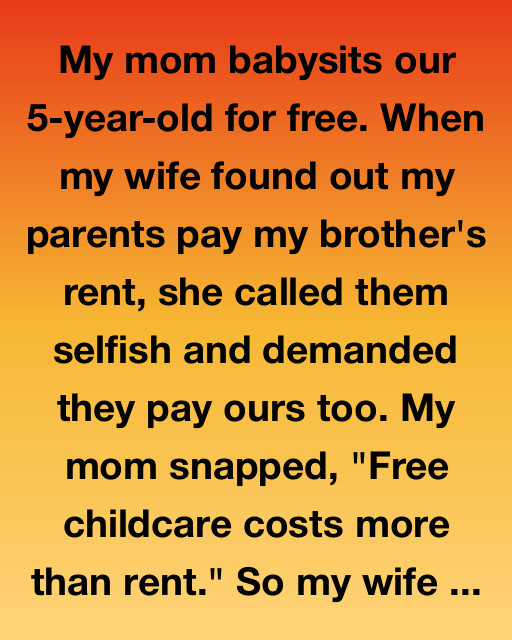My dad would drive me to school at 5, hours before anyone else would arrive. He’d always park miles away, near a broken fence, saying that walking in the morning was “healthy”. Years later, I discovered the truth, and it destroyed me: he had been sleeping in the car.
At the time, I didn’t think too much of it. I was in eighth grade, still half-asleep in the mornings, my mind on homework, friends, and what was in my lunchbox. Dad would ruffle my hair, hand me a granola bar, and we’d walk the long stretch to the school gates in near silence.
He never seemed rushed. Never complained. He’d make some corny joke about how we were beating the sun to work, or that “early birds get more chances in life.” I’d roll my eyes, but secretly, I liked those mornings. Just me and him, walking through the quiet.
I always assumed he had to get to work early. He wore a button-up shirt and a faded tie, and he’d say, “I’ve got an early shift. Boss needs me sharp.” But the truth came crashing down one summer morning, five years later, right after I finished my first year of college.
Mom had passed away two years before that, after a long illness. We hadn’t had a lot of money, but somehow, we managed. Or so I thought.
That summer, I came home from college hoping to reconnect with Dad. He looked older than I remembered—more tired, thinner too. I figured he’d been working too hard.
One morning, I got up early, still on my college sleep schedule, and noticed his bedroom was empty. His bed hadn’t been slept in. I checked the kitchen. Nothing. I opened the back door, thinking maybe he was in the yard. But then I remembered those mornings… the broken fence.
I slipped on a hoodie and walked, heart thumping, down the familiar path. It was just like old times, except now the neighborhood felt smaller, more fragile.
And then I saw it—his old car, parked crookedly behind the bushes near the broken fence. I stepped closer, quietly, afraid of what I might find.
There he was. Slouched in the driver’s seat. Wearing that same faded tie. His shoes were off. There was a pillow wedged between the door and his head. His breath fogged the window lightly.
My dad had been sleeping in his car.
I stood there for what felt like forever, staring. So many questions collided in my chest. Why hadn’t he told me? Why lie?
When he woke up and saw me, he didn’t even flinch. He just smiled and said, “Didn’t expect to see you here so early.”
“Dad… what’s going on?” I asked, trying to keep my voice steady.
He looked away, rubbing the back of his neck. “You found out, huh?”
He got out of the car slowly, stretching like he did every morning after those long drives to school. We sat on the hood, and he told me everything.
Turns out, after Mom’s treatments, the bills piled up. He lost the house before my senior year of high school. But he didn’t want to uproot me. Didn’t want me to worry. So he started sleeping in the car, parking far from school, and picking up extra jobs. Sometimes security work, sometimes overnight cleaning gigs.
The shirt and tie? Just part of the act.
He’d shower at a friend’s garage, keep his clothes in a gym locker. “You needed stability,” he said. “And if I had to fake normal to give you that, then so be it.”
I was angry at first. Not at him, but at the fact that he carried all that alone. That he didn’t ask for help. That he sacrificed so much while pretending everything was fine.
“Why didn’t you just tell me?” I whispered.
“You were a kid,” he said. “A smart one, with dreams. I couldn’t let all this mess pull you down. You had a chance. You still do.”
We sat in silence as the sun rose behind us. The broken fence looked even more worn down now, like it, too, had carried a weight too long.
That summer changed everything.
I picked up a part-time job, helped pay some of the debts, and we applied for a housing program together. I didn’t go back to college that fall. I deferred a semester, something I’d never imagined doing.
We found a small apartment near the edge of town. It wasn’t much—just two rooms and a kitchen—but it had a bed for both of us. Dad cried when we moved in. Said it felt like a palace.
He also started telling me more stories—about his youth, about Mom, about his dreams of being a jazz musician. “Had a sax once,” he said, “but sold it for your textbooks.”
I found that same model sax online. Saved up and gave it to him for his birthday. I thought he’d laugh it off, but instead, he held it like it was gold. Started playing again, little by little.
One night, we went to a local open mic. I signed him up without telling him. When they called his name, he froze. “I’m too old for this.”
“You’re not,” I said. “You’re ready.”
He played “Autumn Leaves,” soft and a little rusty, but the crowd went silent. They didn’t care about perfection. They felt the soul in every note.
That became our routine. Every Thursday night, Dad would play. People started asking for him. Some weeks, he’d tell stories between songs, about Mom, about love, about sacrifice.
One woman—Sarah—started showing up regularly. She had warm eyes and a quiet laugh. After a while, Dad started saving her a seat.
They dated slow. Like they had all the time in the world. And maybe, in some ways, they did.
By the time I went back to college, things were different. Better. I didn’t worry about Dad every second. He had a place. A new community. A saxophone. And someone who brought him coffee and reminded him to take breaks.
But the biggest twist came the following spring.
A man came to one of the open mic nights. Dressed sharp, maybe in his 60s, with a gentle accent. After Dad played, the man approached him and said, “I haven’t heard a tone like that in years. Ever think of recording?”
Dad chuckled, brushing it off. But the man persisted. He was a retired music producer, still helping out at a local indie label. “Not looking for fame,” he said. “Just real musicians.”
By summer, Dad had recorded five tracks in a small studio. All instrumental. Raw. Honest. They called it The Broken Fence Sessions.
He gave me the first copy. I cried the whole way through the second track.
They uploaded it to a music platform, expecting maybe a few hundred plays. But then a popular YouTuber used one of the tracks in a video, and everything snowballed. Overnight, thousands were streaming it.
People left comments like “This music feels like coming home” and “I listened while sitting by my dad’s hospital bed. Thank you.”
A blogger picked up the story. Called it “The Man Who Played Through the Pain.” Donations came in. Messages from around the world. An invite to a jazz festival. We were stunned.
Dad, though, stayed humble. Still played Thursdays. Still made eggs and toast every morning. Still refused to let it all go to his head.
We used some of the money to set up a small community fund—for single parents who’d fallen on hard times. We named it after Mom.
“Your mother would’ve liked this,” Dad said. “Helping people get through the night.”
One day, I asked him if he regretted any of it—sleeping in the car, hiding the truth, all the pain.
He thought for a while. Then said, “No. Because it brought us here. And here is a good place.”
He handed me an envelope. Inside was a letter.
“I wrote this when you graduated high school,” it said. “I didn’t know if I’d make it to see you grow. But I hoped. And you did grow. Into someone strong, kind, and far better than I deserve. If you’re reading this, it means things turned out okay. That maybe the walk by the broken fence wasn’t the worst part of our lives, but the start of something bigger.”
I keep that letter in my desk.
Sometimes I think about how much he gave without asking for anything. How he turned sacrifice into music. How he showed me that even the hardest days can become beautiful stories—if you don’t give up.
And that’s the thing. Sometimes the people we see as ordinary are carrying entire worlds inside them. They bend, break, and still get up to make breakfast. They sleep in cars and call it “healthy walks.” They carry the weight so we can learn to fly.
If you’ve got someone like that in your life—tell them. Thank them. Play their favorite song. Walk with them, even when the fence is broken.
And if you are that person… keep going. Someone is watching. Learning from your courage. Becoming better because you held on.
Please share this story if it touched you. And like it—not for the clicks, but for every silent hero who never asked for applause but deserves it anyway.
